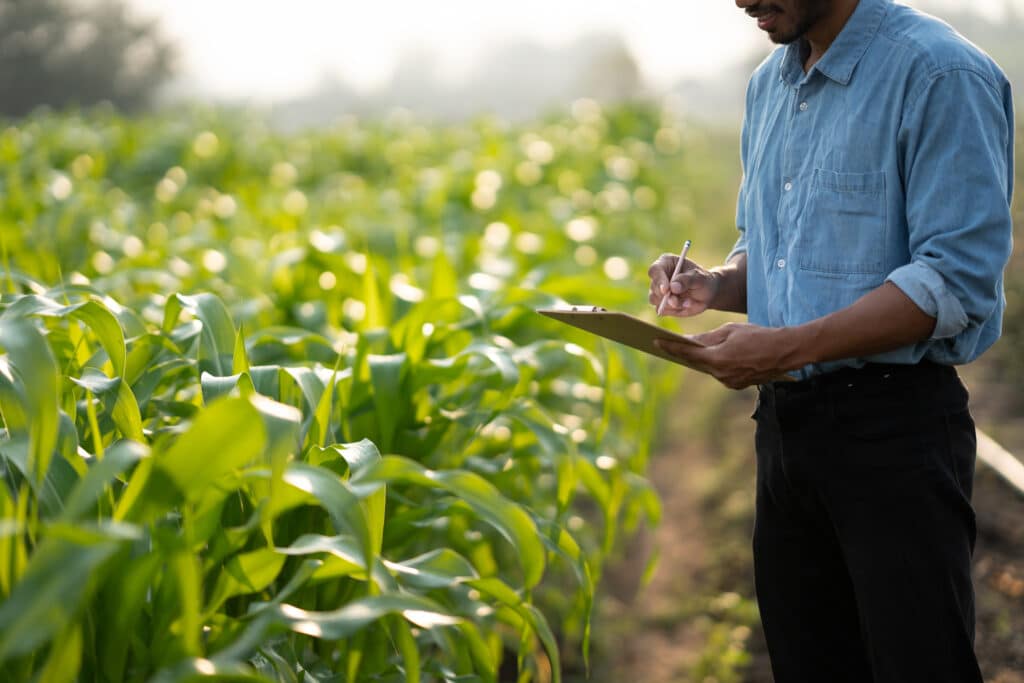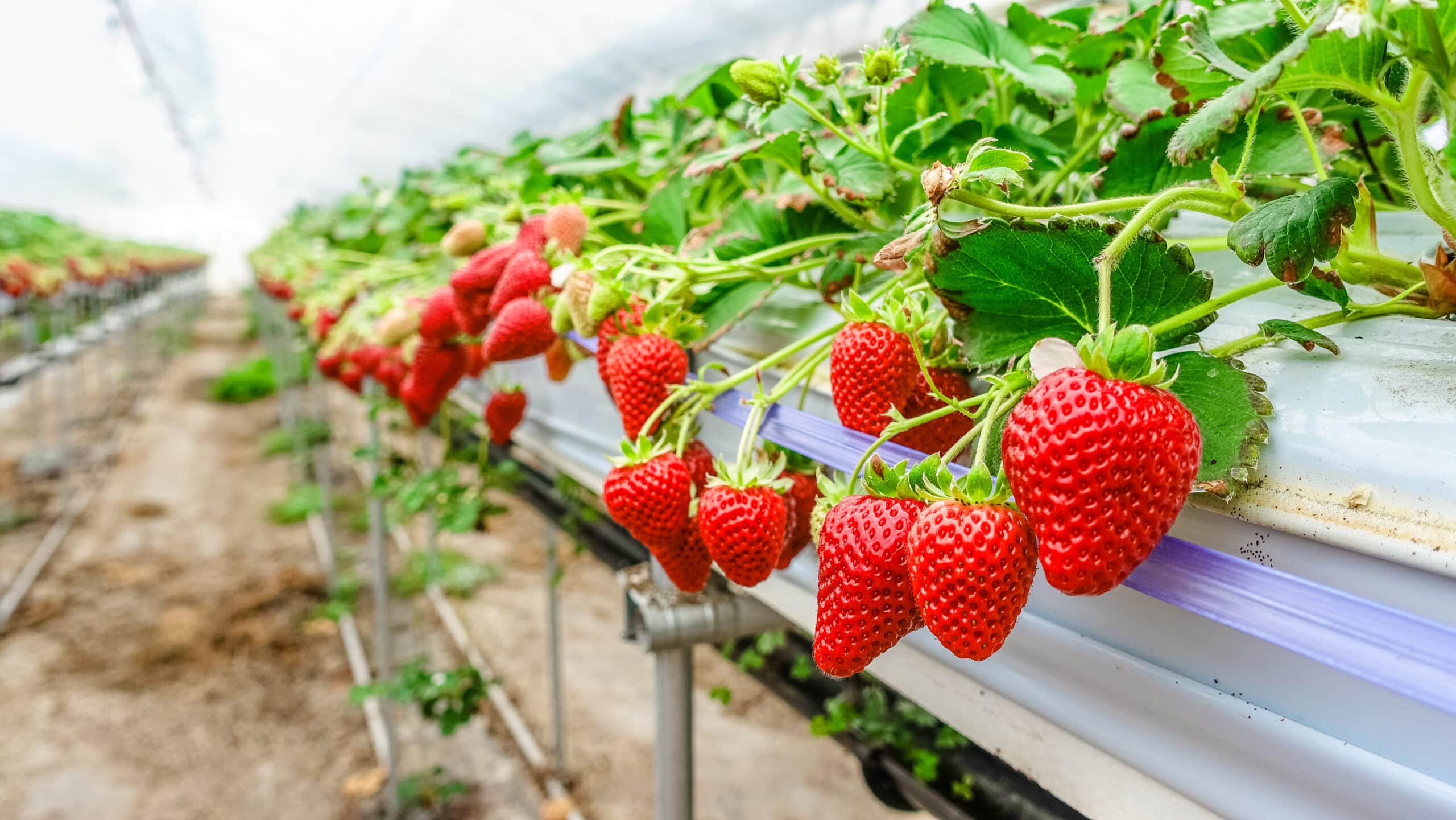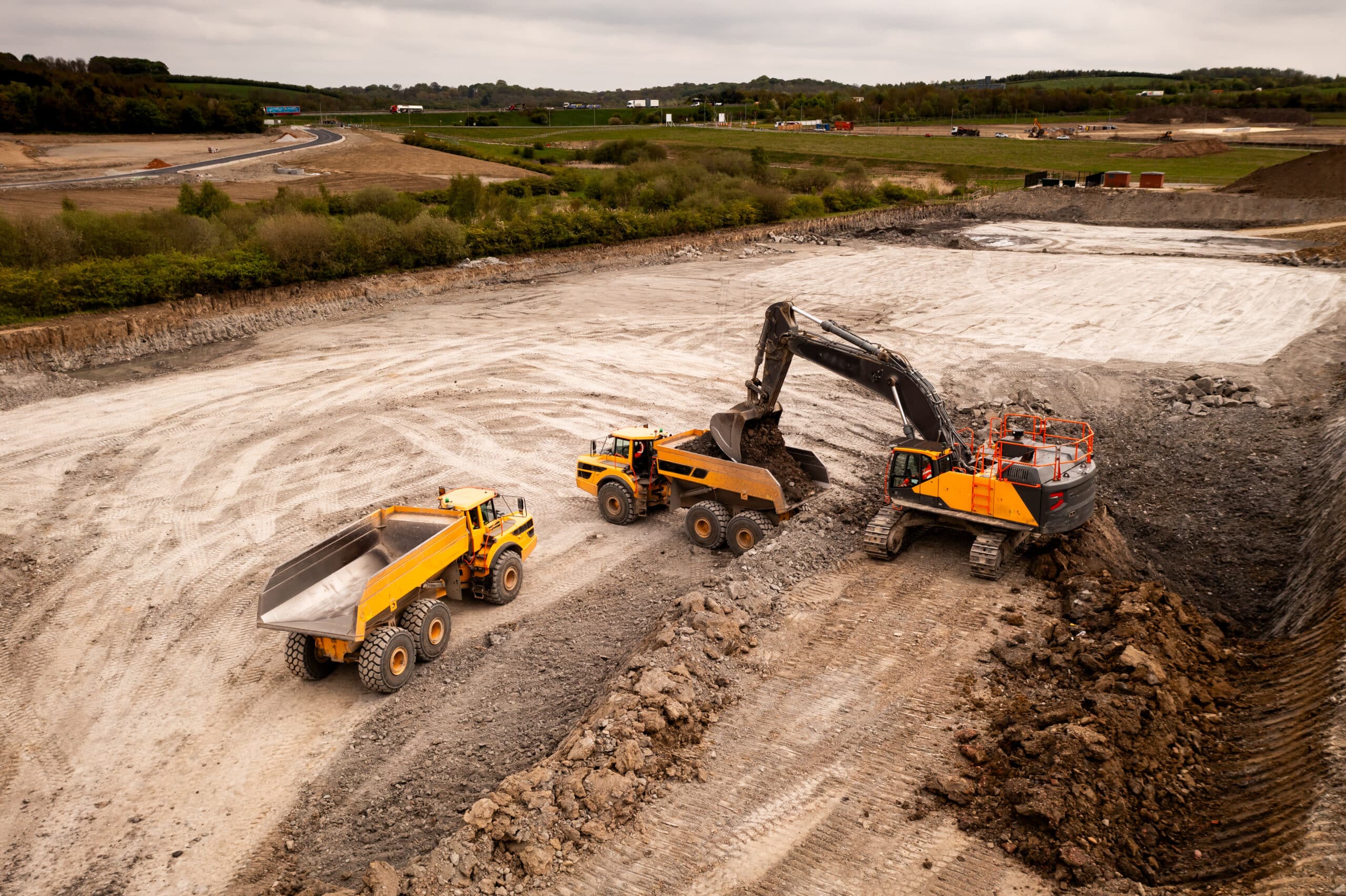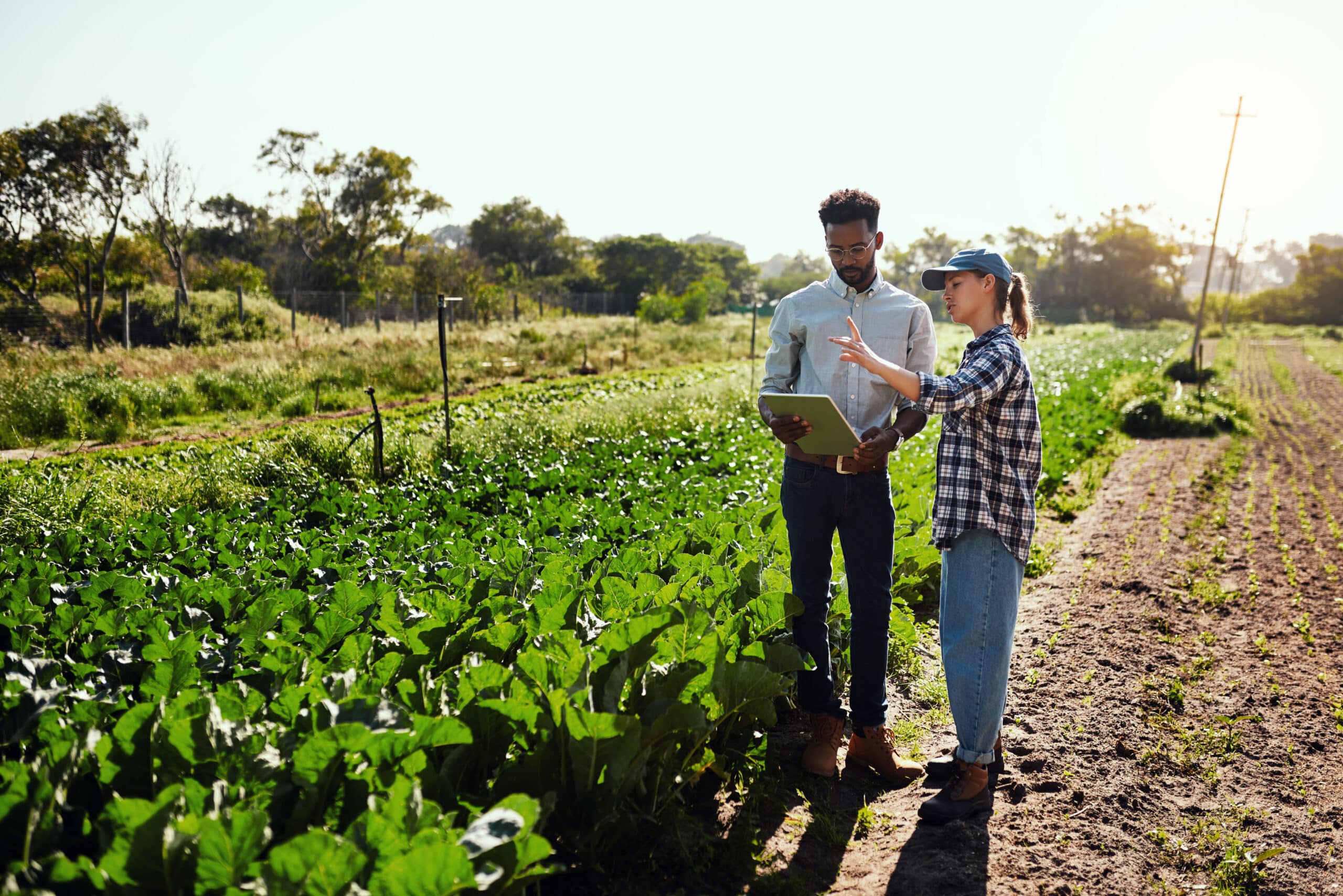The factors that created investor interest with farmland investment are likely to persist, however investors need to think less about farmland as an asset class and more about agri-food as a business sector.
Attractive Asset Class
The original spur for farmland investors was the spike in global food prices back in 2008, which led to institutional investors reserving part of their portfolio allocation for food production assets.
Farmland is attractive as an asset class for a variety of reasons. In developed markets, agricultural land has a low correlation with other asset classes, which means that farmland investments perform at points of the economic cycle when other asset classes are sagging. It is also an effective inflation hedge, which means that its value is not eroded during periods of high inflation.
Agricultural land also offers robust capital appreciation, due to a combination of rising demand and constrained supply, which can lead to attractive long-term investment returns. The sale of commodities, or rent receipts from tenants, can be distributed as income. Because farmland investments have a low return volatility, investors know that they are likely to get steady returns, year-on-year.
Farmland Investment: Investors
An estimated 43 per cent of farmland investment is by high net worth individuals, with another 30 per cent held by US pensions funds. Despite fears of nation-states and sovereign investor funds purchasing the productive farmland of their neighbours, only an estimated 8 per cent of investment funds derive from this source. It has attracted long-term investors such as pension funds, family offices and sovereign investment funds.
Farmland has a wider geo-political and social significance of particular interest to investors in the Middle East, where food security is a concern.
Investor Focus
To date, the vast majority of GCC investor activity has focused on either Africa or Asia. The 36 African deals were primarily concentrated in North and East Africa, mainly in Sudan and Ethiopia, with an average intended size of 78,400 hectares. The 19 farmland deals in Asia were concentrated in Southern and South Eastern Asia, mainly in Pakistan and the Philippines, covering over 3 million hectares.
Investment Drivers
The FAO food index has shown a sustained increase from 2003 until 2008 and reached an all-time peak in 2011. Food prices are projected to remain elevated, due to a growing world population. Food production will have to rise between 60 percent and 100 percent by 2050 to feed a rapidly rising global population that seeks more resource intensive foods such as meat. Interest in the sector has also been driven by water shortages, climate change and slowing growth in crop yields.
However, it also has inherent drawbacks as an asset class. Land acquisition is a politically sensitive issue and investors have been accused of buying land that has resulted in the dislocation of local populations and of reducing the local food supply. Some projects in developing countries have been hamstrung by weak infrastructure and high transport costs and ill-defined property rights which can lead to conflict with local populations.
Value Creation
The manufacturing, distribution and retailing of food – where consumers will pay for brand, quality and experience –has more potential for profit.
Although farming is the indispensable first step in the food value chain, it is not where the most value is created.
Investors also need to consider non-agricultural returns when assessing lands, such as mineral rights and land-use change. Finally, investors need to consider investing in already established agribusinesses, which need financial investment to grow.
Conclusion
The factors driving the surge in interest in farmland investment are likely to persist, however, investors need to think less about farmland investment as an asset class and more about agri-food as a business sector. Because farmland investments have a low return volatility, investors know that they are likely to get steady returns, year-on-year, but they need to consider agribusiness as a whole to accrue the benefit of value creation.
Investment in agribusiness
The factors driving the surge in interest in farmland investment are likely to persist, however, investors need to think less about farmland investment as an asset class and more about agri-food as a business sector. Because farmland investments have a low return volatility, investors know that they are likely to get steady returns, year-on-year, but they need to consider agribusiness as a whole to accrue the benefit of value creation.
As agrifood consulting specialists, Farrelly Mitchell guides investors toward ambitious and successful agribusiness investments, mergers & acquisitions. Our consulting is deeply rooted in decades of commercial and technical experience, allowing us to provide comprehensive due diligence, feasibility & financial modelling, value creation & implementation, risk analysis & management, and much more. Contact us today to find out more and position yourself for commercial excellence.














